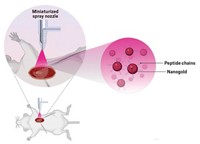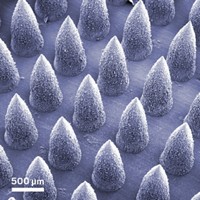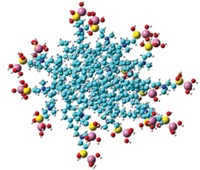Advertisement
Grab your lab coat. Let's get started
Welcome!
Welcome!
Create an account below to get 6 C&EN articles per month, receive newsletters and more - all free.
It seems this is your first time logging in online. Please enter the following information to continue.
As an ACS member you automatically get access to this site. All we need is few more details to create your reading experience.
Not you? Sign in with a different account.
Not you? Sign in with a different account.
ERROR 1
ERROR 1
ERROR 2
ERROR 2
ERROR 2
ERROR 2
ERROR 2
Password and Confirm password must match.
If you have an ACS member number, please enter it here so we can link this account to your membership. (optional)
ERROR 2
ACS values your privacy. By submitting your information, you are gaining access to C&EN and subscribing to our weekly newsletter. We use the information you provide to make your reading experience better, and we will never sell your data to third party members.
Environment
Trojan horse battles zebra mussels
January 23, 2006
| A version of this story appeared in
Volume 84, Issue 4

The zebra mussel is an invasive freshwater species that fouls power-plant and industrial-plant water intakes and irrigation pipelines and annually causes billions of dollars in damage. The small bivalve now may have met its match with a Trojan horse strategy developed by University of Cambridge zoologist David C. Aldridge and his colleagues (Environ. Sci. Technol. 2006, 40, 975). Zebra mussels can be controlled by doses of chlorine, but that procedure has environmental drawbacks. Furthermore, mussels can sense chlorine and limit exposure by closing their valves for as long as three weeks. Aldridge and his colleagues realized that they needed to devise a way to get a toxic compound past the mussels' defenses. The team incorporated potassium chloride, which is deadly to zebra mussels but doesn't affect most other organisms, into small particles made up of vegetable oil, silica, and other materials. The mussels take in the particles, or "BioBullets," using their gills (shown) and transport them into their mouths. The particles rapidly dissolve in the stomach, releasing a lethal dose of potassium chloride.





Join the conversation
Contact the reporter
Submit a Letter to the Editor for publication
Engage with us on Twitter